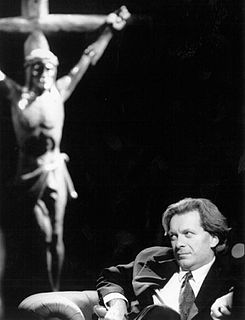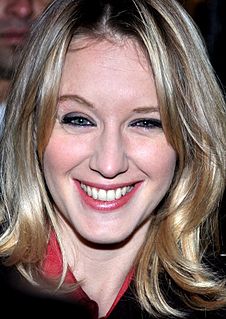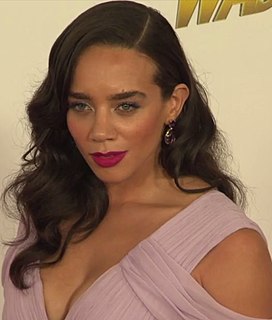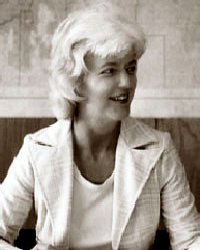A Quote by Paul Auster
Related Quotes
Literary science fiction is a very, very narrow band of the publishing business. I love science fiction in more of a pop-culture sense. And by the way, the line between science fiction and reality has blurred a lot in my life doing deep ocean expeditions and working on actual space projects and so on. So I tend to be more fascinated by the reality of the science-fiction world in which we live.
As an actress, I think I really understand that stage where you think you are picking reality in order to feed the fiction, but it happens to be the contrary. It's the fiction that suddenly feeds your reality. And you don't know how it has been done. That's the kind of magical transposition that is art.
Fiction is not imagination. It is what anticipates imagination by giving it the form of reality. This is quite opposite to our own natural tendency which is to anticipate reality by imagining it, or to flee from it by idealizing it. That is why we [Europeans] shall never inhabit true fiction; we are condemned to the imaginary and nostalgia for the future.
Plot involves fragmentary reality, and it might involve composite reality. Fragmentary reality is the view of the individual. Composite reality is the community or state view. Fragmentary reality is always set against composite reality. Virginia Woolf did this by creating fragmentary monologues and for a while this was all the rage in literature. She was a genius. In the hands of the merely talented it came off like gibberish.


































